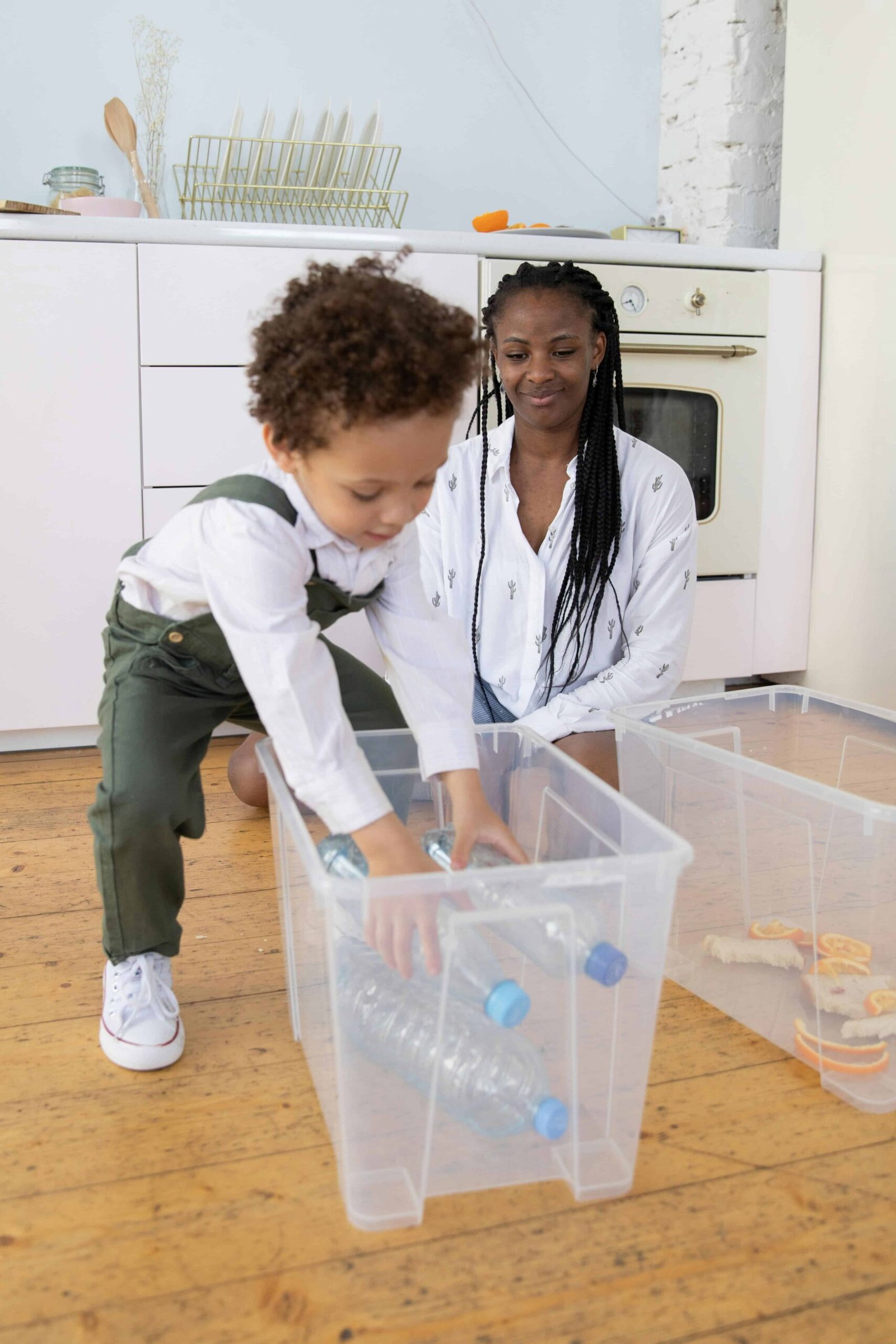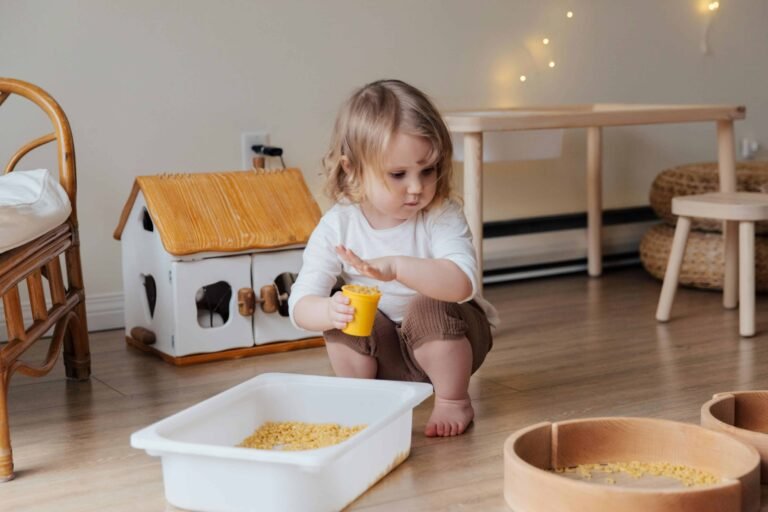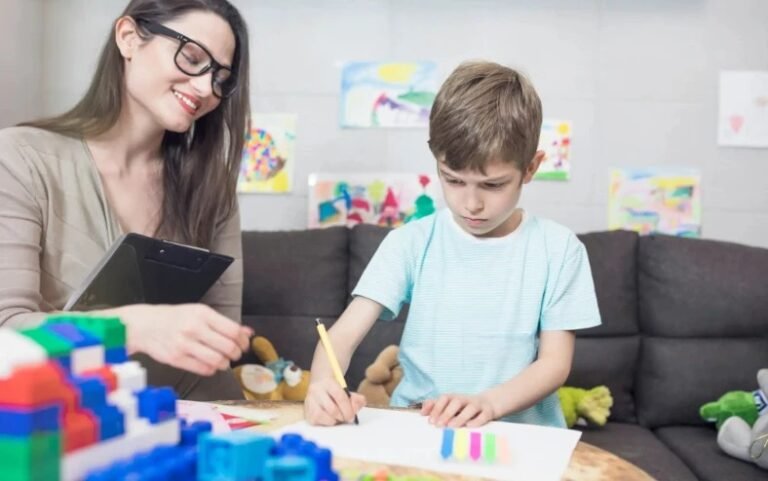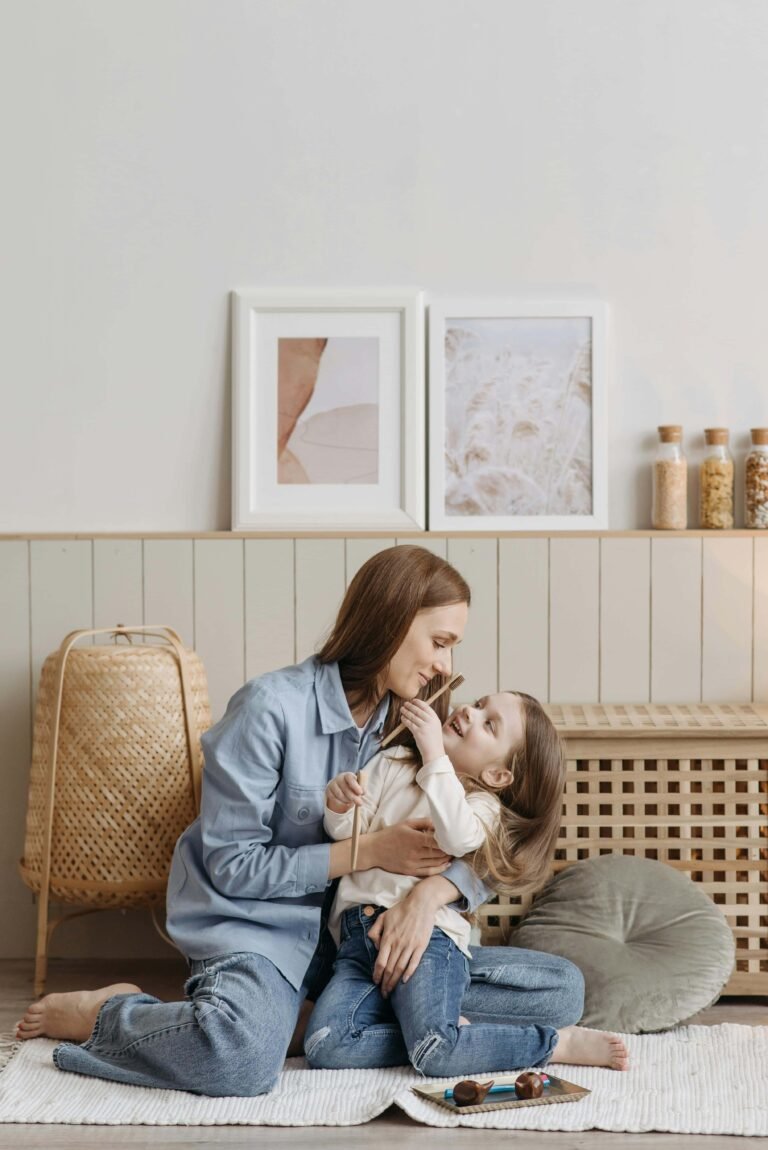Welcome, friend. You’ve probably had days where you feel like the household cruise director—coordinating every meal, double-checking homework, reminding your child to pick up socks off the floor. It can be a lot, right? It’s natural to wonder: “When will they start taking ownership of their day-to-day tasks?” The good news is that kids can learn responsibility with patient guidance and steady practice. And no, it doesn’t mean they’ll never forget their lunchbox again, but it might mean fewer frantic searches for missing shoes in the morning.
Below, we’ll talk about the joys and real hurdles of teaching kids to be responsible. You’ll see ideas for small steps and ways to reinforce good habits—so you can breathe a little easier and know you’re setting your child up for success.
Why Responsibility Matters (And Why It’s Harder Than It Looks)
Kids aren’t born knowing how to load a dishwasher or remember their soccer cleats. Responsibility is learned—and it’s messy. Here’s why it’s worth the effort:
- Builds confidence: Mastering tasks (“I did it myself!”) fuels independence.
- Reduces power struggles: Clear expectations mean fewer daily battles.
- Prepares them for reality: Life doesn’t come with a mom-shaped safety net.
But let’s be real: It’s exhausting to teach responsibility when you’re already doing 17 things at once. That’s okay. Progress, not perfection, is the goal.
Start Small: Age-Appropriate Responsibilities
Ages 2-4
- Put toys in a bin (even if it’s messy).
- Wipe spills with a rag.
- Feed pets with supervision.
Ages 5-7
- Make their bed (think “straightened blankets,” not hotel-ready).
- Pack their backpack the night before.
- Help set the table.
Ages 8+
- Load/empty the dishwasher.
- Manage a weekly chore chart.
- Walk the dog (if safe).
Pro tip: Pair tasks with fun. Blast music during cleanup or race the timer.
How to Teach Responsibility Without Micromanaging
1. Focus on “I Do, We Do, You Do”
- I do: Show them how (e.g., folding laundry).
- We do: Do it together (“You fold socks; I’ll fold shirts”).
- You do: Let them try solo, even if it’s imperfect.
2. Use Natural Consequences
- Forgot their water bottle? They’ll be thirsty (and remember next time).
- Didn’t charge their tablet? No screen time until it’s charged.
3. Praise Effort, Not Perfection
Say: “You worked hard on that!” instead of “Good job!” Specific praise builds grit.
When Kids Push Back: Scripts for Resistance
“I Don’t Wanna!”
- Stay calm: “I get it. Chores aren’t fun. Let’s get it done fast so we can play after.”
“Why Do I Have to Do It?”
- Explain the “why”: “We all help because we’re a team. Your job keeps our home cozy.”
“I’ll Do It Later!”
- Set limits: “Homework first, then screens. I’ll check back in 10 minutes.”
The Magic of Routines (And How to Make Them Stick)
Kids thrive on predictability. Try these:
- Morning routine: Dress, eat, brush teeth, backpack check.
- After-school routine: Snack, homework, 30 minutes play.
- Bedtime routine: PJs, story, lights out by 8 PM.
Visual aids help: A chart with pictures works wonders for non-readers.
Letting Go of Control (Even When It’s Hard)
We’ve all redone a half-made bed or re-packed a lumpy backpack. But every time we “fix” their work, we send a message: You can’t do this. Instead:
- Let them own the task (even if it’s flawed).
- Offer gentle feedback: “Next time, try smoothing the sheets like this.”
- Celebrate progress: “Last week, you needed reminders. Today, you did it alone!”
When You’re Overwhelmed: Simplify
Some seasons are chaos (new baby, moving, burnout). Adjust expectations:
- Rotate chores: Focus on one responsibility per week.
- Team up: “You pick up blocks; I’ll vacuum.”
- Outsource: Hire a teen to mow the lawn or use grocery delivery.
The Bigger Picture: You’re Raising Future Adults
One day, your kid will text you from college: “How do I unclog a sink?” or “Why is my laundry pink?” And you’ll smile, knowing you taught them how to figure it out.
Responsibility isn’t just about chores—it’s about raising problem-solvers who know their actions matter. Some days will feel like two steps forward, one step back. That’s normal. You’re not just teaching tasks; you’re building character.
Final Takeaway: Progress Over Perfection
Your kid won’t magically become “responsible” by next Tuesday. But with patience (and a lot of deep breaths), they’ll get there. And so will you.
When all else fails, remember: You’re doing better than you think. Now go eat that hidden chocolate. You’ve earned it.




